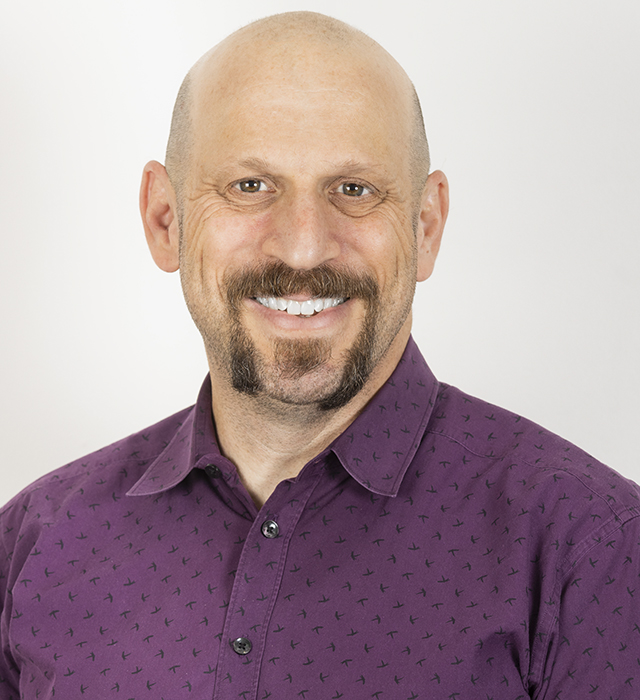It’s no secret that Jews love to argue. As the saying goes, anywhere you have two Jews, you’ll find three opinions. But over the past several years, regular disagreements have given way to extreme polarization, threatening to tear apart communities across North America, both within the Jewish world and the wider society. “It’s getting more and more difficult to talk to someone who sees the world differently than you do,” said Or Mars, M² Board Chair. “We’re all part of the problem. Ideas can feel threatening, and it can feel especially threatening when people start to act on those more extreme ideas.”
But the good news is that Judaism is already rich with traditions that bridge the gaps between opposing sides, Mars explained. “The Jewish community values the idea of listening to the other — from a place of intellectual curiosity, from a place of community building, and from a place of compassion,” he said.
The best place to have those difficult conversations, Mars believes, is not a classroom. The most effective bridge-building conversations arise spontaneously during experiential events, including at summer camp, youth group meetups, and holiday celebrations. And one of the reasons why Mars appreciates serving on the M² Board is because of the organization’s dedication to improving experiential education in the Jewish community.
“If people are skilled at being experiential educators, they can help people become skilled in having learning conversations, instead of arguing or distancing conversations,” he said.
From camp to campus
As the son of a Jewish summer camp director, Mars grew up immersed in experiential education from a young age. Because of his father’s job, Mars was able to see informal education’s “behind-the-scenes” work. While it looked like fun and games to the campers, he saw his father utilizing established educational methodologies and putting them into practice.
Over the years, Mars has found that Judaism is uniquely adapted to support informal learning with its emphasis on community. “Shabbat is an experiential educational tool, gifted to us by our traditions,” he explained. “It’s handed to us, and it’s up to us to make good use of it.”
Transforming cities
After years of working in Jewish education, Mars was drawn to M² because of the way the organization is bringing innovative methodologies to the entire Jewish learning ecosystem.
“There are so many wonderful Jewish organizations doing informal or experiential Jewish education, but there’s not a ton of organizations providing ideas and content,” he said.
“We need to train as many high-level experiential educators as possible. Because when people see someone of substance taking this form of education very seriously, it will change their ideas of what education could be.”
Mars believes that M² can have the biggest impact in midsize cities, such as where he lives in Columbus, Ohio. M² has previously run city-specific educators cohorts, such as in Montreal and Chicago.
Targeting a midsize city means that M² methodology can reach a large percentage of the city’s Jewish educators in a single city, creating a shared language among the local professionals and enabling them to develop new ways to cooperate, aided by their M2 tool kit. “It would be transformative for communities,” he said.
A network speaking in the M² language
Mars is looking forward to helping the M² Board transition from a “startup mindset” to an approach that really challenges the organization to continue to grow and thrive. He also hopes to begin harnessing the collaborative power of M² alumni.
“We’re still a fairly new organization, which means that people only became alumni very recently,” he said. “But in 10 years from now, we’re going to have a lot of alumni who learned their experiential educational chops from M²”.
Educators need continual support as they progress in their careers, and people who have been through the same experiential training can be the best resources for each other.
“In the near future, there will be many, many people who can speak the language of experiential education with an M² dialect,” said Mars. “They will feel connected to each other, and utilize each other as a community of practice.”
Or Mars is the Board Chair of M²: The Institute for Experiential Jewish Education. He is Vice President of the Wexner Foundation where he focuses on the development of Jewish professional and volunteer leaders in North America and public leaders in Israel. Previously, Or served as the Director of North Carolina Hillel. Or lives in Columbus, Ohio.
